VLDB 2007
33rd International Conference on Very Large Data Bases

DATE
2007-09-23
EVENT
33rd International Conference on Very Large Data Bases
LOCATION
University of Vienna, Austria
VLDB 2007 is a premier international forum for database researchers, vendors, practitioners, application developers, and users. We are looking forward to an exciting conference, discussing original results on all aspects of data management as well panels, tutorials, and demonstrations that will present the most critical issues and views on practical leading-edge database technology, applications, and techniques. VLDB 2007 also hosts a series of workshops that cover important aspects in the thematic context of data bases.
Sponsors
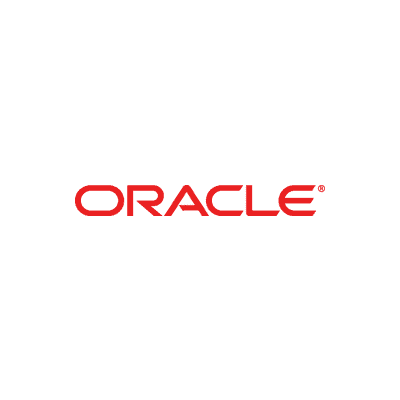
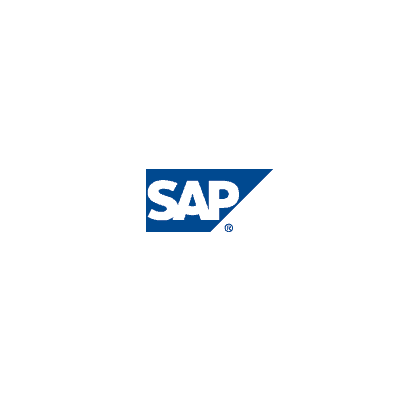

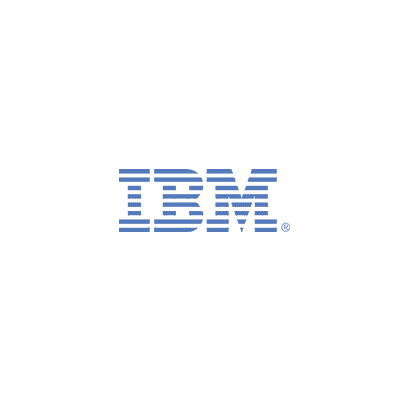
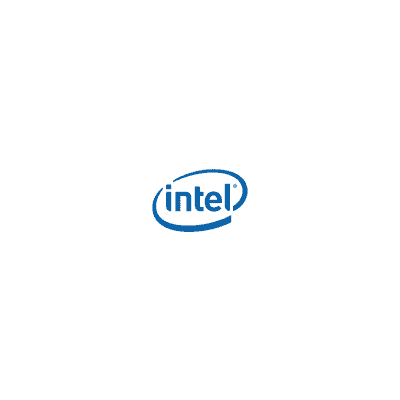
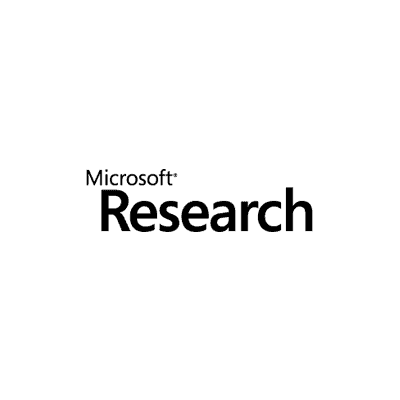
VLDB 2007 Keynotes
Werner Vogels: Data Access Patterns in The Amazon.com Technology Platform
Eric A. Brewer: Technology for Developing Regions
VLDB 2007 Interviews
During the conference a series of interviews with participants of VLDB was recorded in cooperation with the Austrian Computer Science Week 2007 which published these interviews in the form of a podcast series. For your convenience, you can directly download the interviews here.
Interview with Wolfgang Klas (University of Vienna, Austria), VLDB 2007 General Co-Chair (in german)
Interview with Werner Vogels (Amazon.com, USA), VLDB 2007 Keynote Speaker
Interviews with Eric Brewer (University of Clifornia at Berkeley, USA), Michael Stonebraker (MIT, USA), and Michael Brodie (Verizon, USA), VLDB 2007 Keynote Speakers
VLDB 2007 Round Table with Gerti Kappel (Vienna University of Technology, Austria), Wolfgang Klas (University of Vienna, Austria), Klaus Dittrich (University of Zurich, Switzerland), Gerhard Weikum (Max-Planck-Institute for Computer Science, Germany), Johannes Gehrke (Cornell University, USA), Erich J. Neuhold (University of Vienna, Austria) (partially in german)
Call for Papers and Proposals
VLDB 2007 marks the 33rd occurrence of the premier international forum for database researchers, vendors, practitioners, application developers, and users. We invite submissions reporting original results on all aspects of data management as well as proposals for panels, tutorials, and demonstrations that will present the most critical issues and views on practical leading-edge database technology, applications, and techniques. We also invite proposals for events and workshops that may take place at the conference site before or after the VLDB 2007 conference.
Topics of Interest
VLDB 2007 strongly encourages the submission of creative work that goes beyond improvements of already known results. Submissions may cover novel approaches in data management, visions that present new viewpoints and challenges, or a description of the implementation or deployment of advanced database technology in an industrial or application setting. Furthermore, since new challenging applications appear on the horizon, papers that describe those with respect to their technical substance, their impact, and their importance, and relate them to today’s database technology are also solicited.
To continue the policy of broadening the range of topics covered at the conference, VLDB 2007 will be organized into three tracks, each with its own program committee:
- Core Database Technology
- Infrastructure for Information Systems
- Industrial, Applications, and Experience
The Core Database Technology Track will evaluate papers on technologies intended to be incorporated within the database system itself. The topics of interest to this track include (but are not limited to):
- Active Databases
- Benchmarking and Performance
- Concurrency Control and Recovery
- Database Administration and Manageability
- Database Indexing and Search
- Database Performance and Evaluation
- Embedded and Mobile Databases
- Engine-based Views, Replication, and Caching
- Fuzzy, Probabilistic, and Approximate Data
- Image, Text, and Multimedia Databases
- Native Semi-Structured Data and XML
- Parallel, Distributed, and Grid Databases
- Private and Secure Databases
- Query Processing and Optimization
- Real-Time Databases
- Relational Models and Languages
- Reliable and Robust Databases
- Spatial and Temporal Databases
- Stream Databases
- XML Models and Languages
The Information Infrastructure Track covers all aspects of data management not implemented within a conventional database engine. The topics covered by this track include (but are not limited to):
- Content Delivery Networks
- Database Services and Applications
- Data Design, Evolution and Migration
- Data Management in Computational Science
- Data Science, and Scientific Databases
- Data Quality and Semantics
- Heterogeneous and Federated DBMS (Interoperability)
- Information Filtering and Dissemination
- Information Integration and Retrieval
- Meta-data Management
- Middleware Platforms for Data Management
- Mobile Data Management
- Novel/Advanced Applications
- P2P and Networked Data Management
- Profile-based Data Management
- Sensor Networks
- User Interfaces and Visualization
- Web Replication and Caching
- Web Services and Web Service Composition
- XML Middleware Platforms
The Industrial, Applications, and Experience Track covers innovative commercial database implementations, novel applications of database technology, and experience in applying recent research advances to practical situations, in any of the following example areas (or, in other areas where data management is important):
- Adapting DB Technology to Industrial Settings and Requirements
- Application Areas (Government, Finance, Humanities, Home and Personal Computing, Telecommunications)
- Bio-Informatics/Life Sciences
- Business Process Engineering and Execution Support
- Data Management for Developing Countries
- Digital Libraries/Document Management
- Electronic Commerce
- Engineering Information Systems
- Enterprise Data Management
- Enterprise Resource Planning
- Environmental Management
- Geographic Information Systems
- Industrial-Strength Systems based on DB Technology
- Mobile Computing
- Medical Systems
- Reporting of Pitfalls and Difficulties
- Retail Systems
- Self-Managing Systems
- System Design and Implementation using DB Technology
- Unique Experiences in Using DB Technology
In some cases, material might cut across more than one of the tracks, and indeed we strongly encourage papers that pursue some of the ties between them. As submissions will be judged by their appropriateness for the track in which they are being evaluated, appropriate placement of papers is important. If in doubt, we suggest contacting one of the PC chairpersons. The program committee reserves the right to move papers between the PCs to ensure the fairest possible evaluation.
